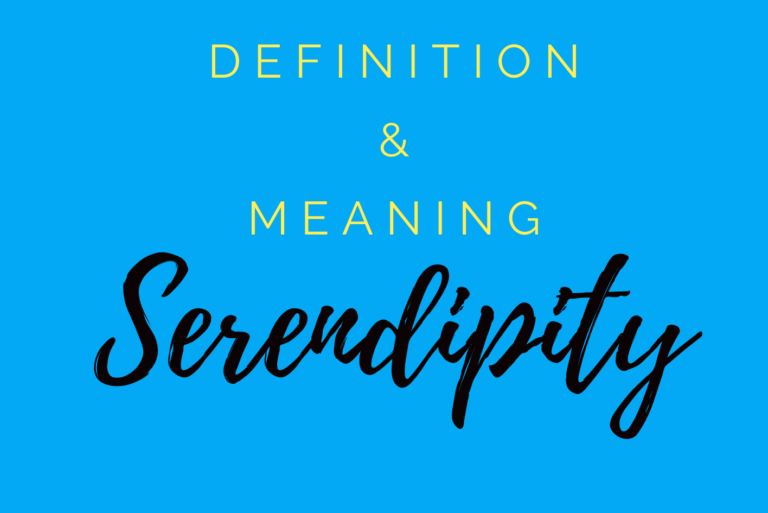Are You a Zealous English learner? Let’s Find Out!
Zealous Definition & Meaning
Would you describe yourself as zealous about your hobbies or interests? Do you have a zeal for life? In this article, we’ll explore the true meaning of this wonderful English word, its many forms, and what makes one a zealot. Zeal is not only a word, it is also a mindset for many people and can influence the way they approach the tasks in front of them.
Regardless of your level of knowledge of the English language, whether you are a beginner or someone who is more familiar with the intricacies of the language, every student can benefit from examining the philosophy behind being zealous about the things that matter the most to us. We hope that you come out of this with a deep understanding of not only the vocabulary itself but also how it may relate to your own goals and motivations on your English journey. Let’s dive into the meaning of this word, and get a step closer to finding out if it resonates with you.
Definition
Let’s start off with the definition of zeal. Zeal represents a strong dedication directed towards a topic, hobby, or interest that you deeply care about. It is a burning passion that keeps your drive and motivation going. A person who attacks their tasks with sheer excitement and commitment can be said to have a lot of zeal. This feeling can manifest itself in any part of our daily lives, from work to school to hobbies. It is the fire that burns inside of you, driving you closer and closer to success and the realization of your set goals. Someone who has a lot of zeal, or a zealous person, often finds themselves giving 110% of hard work, energy and spirit in everything that they do. It is different from regular-day motivation in the sense that zeal embodies a much stronger, deeper inner push. Whether your focus is your quest for knowledge, your community and loved ones or simply a new activity you have picked up out of curiosity, zeal is what transforms mere interest into endless enthusiasm.
Etymology
Scholars can trace the origin of the word zeal all the way back to ancient Greece, the word in Greek being “zelos” meaning a strong and passionate feeling. In fact, zeal even makes an appearance in Greek mythology, where it was used to describe a spirit that personified friendly competition and eagerness when fighting for glory. As time went by, the word made its way into Latin, as “zelus”, with a similar meaning to its Greek counterpart. Moving into modern territory, zeal appeared in Old French as “zel” and finally in Middle English as the “zeal” we are familiar with today in Modern English. It’s interesting to note how the meaning of the note remained virtually unchanged through its transition, just as unchanged as the human drive for success.
Different Forms and Connotations
As with many English words, there are various forms of this word that are frequently used in our daily conversations. Let’s take a look at some examples below:
Zealous (adjective): This adjective can be used to describe a person who exhibits zeal. A zealous person is a hard-working and committed one. It can be used to describe people (for example: to be a zealous worker/student/believer) or an attitude (for example: to have a zealous enthusiasm/passion/drive for something). It is important to mention that this level of dedication is considered appropriate, and is generally well respected. This is not always the case, as we will see next.
Overzealous (adjective): Unlike “zealous”, its similar variant “overzealous” possesses a much less positive meaning. On occasion, our passions turn into obsessions that consume us and our lives. There can indeed be too much of a good thing. Overzealous individuals are at risk of developing what we call “tunnel vision”, meaning that the subject of their obsession becomes the only point of focus. These people tend to suffer from perfectionism and can often neglect their other responsibilities. Therefore, take care when adding this specific word to your lexicon, to avoid causing any unwanted offence.
Zealot (noun): This noun is used to describe the people themselves. A tad different from the history of the word “zeal”, the word “zealot” took on a bit of a different meaning. During the Jewish-Roman War of 66-73 CE, the term zealot was used to refer to radical members of a Jewish group due to their undying loyalty and their extreme resistance in fighting the Roman occupiers. On top of that, zealot was also used in Christianity to describe the most devout believers. As a result, given this religious background, the term zealot has developed into a synonym for “fanatic” or “extremist”, and often holds a negative connotation. Once again, make sure to use it with care!
Synonyms
Passion: Similarly to zeal, passion involves intense feelings. However, passion frequently also has an extra layer of love, affection or a strong emotional connection.
Dedication: As zeal, dedication means a strong and determined way to achieve your goals. The main difference is that dedication is considered to be a slower-burning, more sustainable approach.
Enthusiasm: Unlike zeal, enthusiasm tends to be more general and with a stronger emphasis on excitement.
Commitment: One major component of commitment is obligation. It is tasks we must do, whether we want to or not – it implies responsibility.
Examples
Here are a few example sentences:
“Brian has always shown a great deal of zeal for charity work and helping children in need.”
“Mary was a zealous environmental activist and often attended protests regarding climate change.”
“Joshua’s overzealous training routine led to him spraining his wrist.”
“Some may refer to vegans as zealots due to their intense advocating.”
Now that we have explored zeal together in-depth, you are ready to apply it in your English communication, and also hopefully – your goals. Let’s add some passion and excitement to make the challenges we face a little bit more fun!






